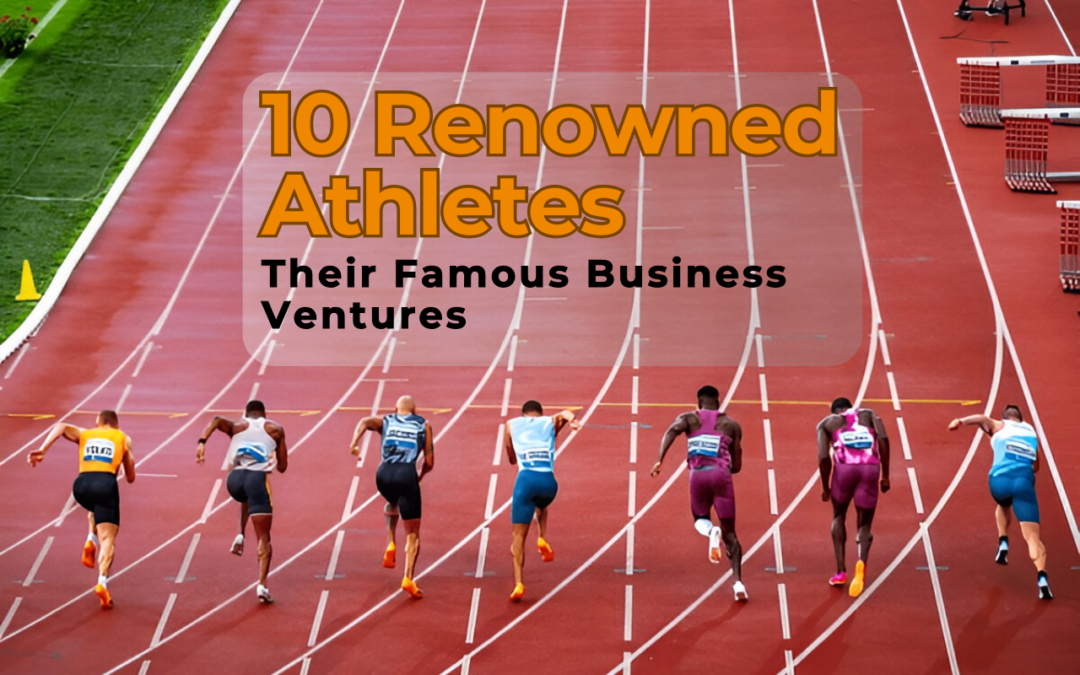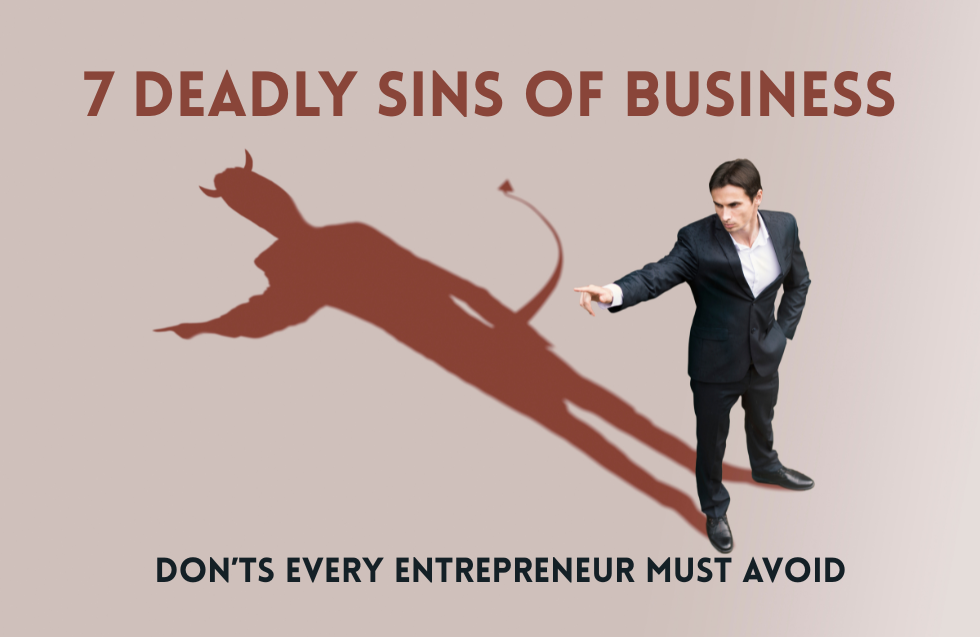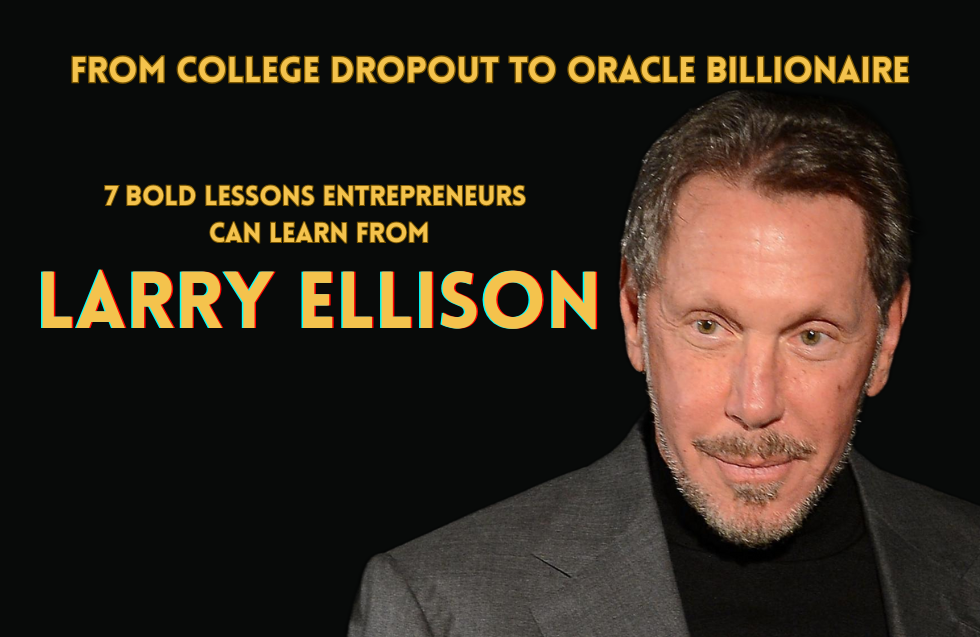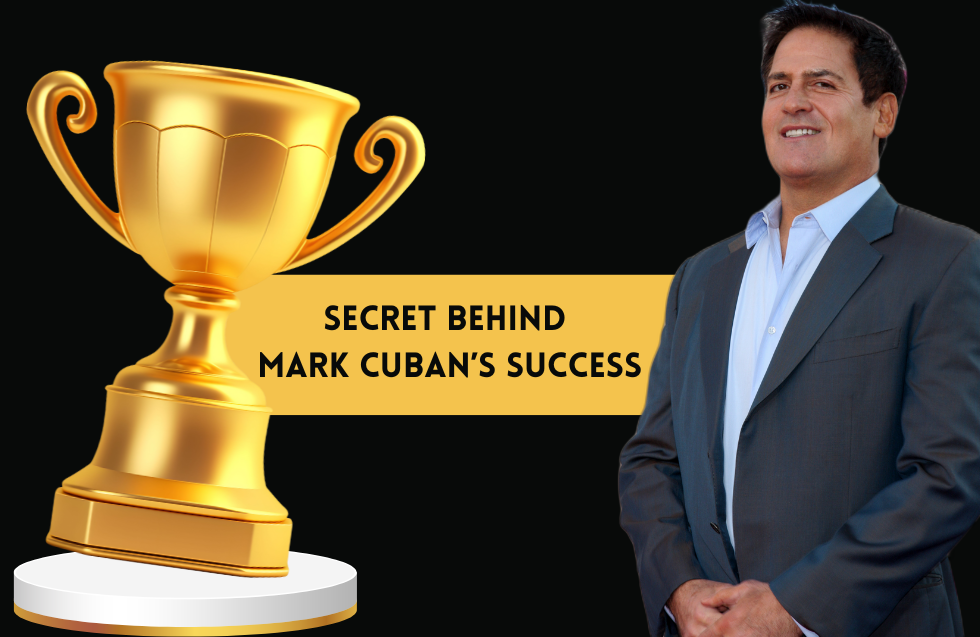Athletes dedicate their lives to perfecting their craft and achieving glory on the field, court, or track. However, their careers are often fleeting, prompting many to explore opportunities beyond the sport. Over the years, some sports legends have not only made their mark in athletics but also turned into astute business moguls, leveraging their fame, resources, and competitive spirit to build empires.
In this blog, we spotlight 10 renowned athletes who transitioned from sports stardom to entrepreneurship, creating businesses that mirror their ambition and ingenuity. Their ventures inspire athletes and entrepreneurs alike, proving that a winning mindset can transcend industries.
1. Michael Jordan: Air Jordan and Beyond
Arguably the greatest basketball player of all time, Michael Jordan didn’t stop at dominating the court. His partnership with Nike led to the creation of Air Jordan, a brand that redefined athletic footwear and streetwear culture.
Air Jordan alone is a billion-dollar empire, contributing to Jordan’s status as one of the first billionaire athletes. Beyond sneakers, Jordan owns a majority stake in the Charlotte Hornets (now sold) and invests in ventures such as Cincoro Tequila and the tech industry.
Lesson: Leveraging personal branding can transform a niche product into a global phenomenon.
2. Serena Williams: Serena Ventures
Tennis legend Serena Williams, with 23 Grand Slam titles, is equally impressive off the court. Through her venture capital firm Serena Ventures, she has invested in over 50 companies, focusing on diverse founders and innovative ideas.
Her portfolio includes Impossible Foods, Tonal, and Billie, showcasing her commitment to sustainability and health. Serena’s dedication to empowering others, especially women entrepreneurs, makes her a standout business leader.
Lesson: Use your platform to amplify underrepresented voices while building wealth.
3. Cristiano Ronaldo: CR7 Brand
Cristiano Ronaldo, one of soccer’s greatest icons, turned his “CR7” brand into a multi-dimensional empire. Beyond his successful clothing line, the brand extends to fragrances, hotels (Pestana CR7), and fitness centers.
Ronaldo’s massive social media following (over 1 billion combined) is a key driver for his ventures, proving the power of digital presence in modern entrepreneurship.
Lesson: A loyal fanbase can become your biggest asset in the business world.
4. Shaquille O’Neal: The Franchise King
Retired NBA star Shaquille O’Neal is not just a larger-than-life personality on TV; he’s also a savvy businessman. O’Neal has invested in franchises like Papa John’s, Krispy Kreme, and Five Guys, and he owns hundreds of locations.
He’s also a partner in several tech startups and entertainment ventures, leveraging his humor and charm to build his brand.
Lesson: Diversify your investments and never underestimate the power of a great partnership.
5. Maria Sharapova: Sugarpova
Tennis star Maria Sharapova launched her premium candy brand, Sugarpova, in 2012, combining her love for sweets with entrepreneurial ambition. The brand focuses on high-quality, all-natural candies and chocolates, gaining significant global recognition.
Sharapova’s business acumen is evident in her hands-on approach, from branding to marketing, proving that athletes can succeed with passion and persistence.
Lesson: Find a niche aligned with your interests and make it exceptional.
6. LeBron James: SpringHill Company and More
LeBron James, often called “The King,” has built an empire far beyond basketball. His media company, SpringHill, produces hit films and TV shows like Space Jam: A New Legacy and The Shop.
Additionally, LeBron has a stake in Fenway Sports Group, which owns Liverpool FC and the Boston Red Sox. His investments in Blaze Pizza have also turned into a multi-million-dollar win.
Lesson: Think big—expand beyond your primary industry to maximize impact.
7. Usain Bolt: Tracks & Records
The fastest man in history, Usain Bolt, diversified into the restaurant industry with his chain Tracks & Records, celebrating Jamaican culture.
Bolt also launched his own champagne brand, Maison Mumm Olympe Rosé, and actively endorses fitness-related products and services, ensuring his ventures align with his athletic identity.
Lesson: Use your cultural and personal story as a foundation for unique businesses.
8. David Beckham: Beckham Brand Holdings
Soccer icon David Beckham is a master of self-branding. Through Beckham Brand Holdings, he oversees ventures ranging from fashion and fragrance to sports. Beckham played a key role in launching Inter Miami CF, a Major League Soccer team, further cementing his entrepreneurial legacy.
His brand partnerships with companies like Adidas and H&M showcase his ability to remain relevant even years after retirement.
Lesson: Strategic collaborations can amplify your influence and earnings exponentially.
9. Venus Williams: V Starr Interiors
While Venus Williams is known for her tennis prowess, her passion for design led her to establish V Starr Interiors, an interior design firm catering to high-profile clients.
Additionally, she’s the founder of EleVen, a fashion-forward activewear brand that reflects her dedication to health and wellness. Williams’ ventures embody her creative and competitive spirit.
Lesson: Pursue businesses that align with your passions and expertise outside of sports.
10. Kobe Bryant: Granity Studios and Beyond
The late Kobe Bryant was not only a basketball legend but also a visionary entrepreneur. His media company, Granity Studios, produced the Academy Award-winning short film Dear Basketball, showcasing his storytelling talent.
Bryant also co-founded Bryant Stibel, a venture capital firm investing in tech, media, and data companies, including BodyArmor, which was later acquired by Coca-Cola.
Lesson: Channel your drive and creativity into building legacies that outlive you.
Key Takeaways for Aspiring Entrepreneurs
Athletes transitioning into business exemplify resilience, strategy, and adaptability. Here are some valuable lessons from their journeys:
- Leverage Personal Branding: Your name and reputation are assets—use them wisely.
- Diversify Investments: Don’t rely on one income stream; explore various industries.
- Collaborate Strategically: Partnerships with established brands can propel your venture.
- Stay Hands-On: Successful athletes-turned-entrepreneurs are often deeply involved in their ventures.
- Think Long-Term: Build businesses that can sustain and grow beyond your active career.
The Ripple Effect
The entrepreneurial success of athletes also inspires younger generations. These ventures provide opportunities, create jobs, and foster innovation, proving that success in one field can be a stepping stone to greatness in another.
Athletes are no longer confined to the roles of entertainers or role models; they are becoming transformative leaders in business, paving the way for a more diverse and inclusive entrepreneurial landscape.
What’s next? As more athletes embrace technology, sustainability, and philanthropy, their influence on global business is bound to grow even further.
Which athlete-entrepreneur inspires you the most? Let us know in the comments!













